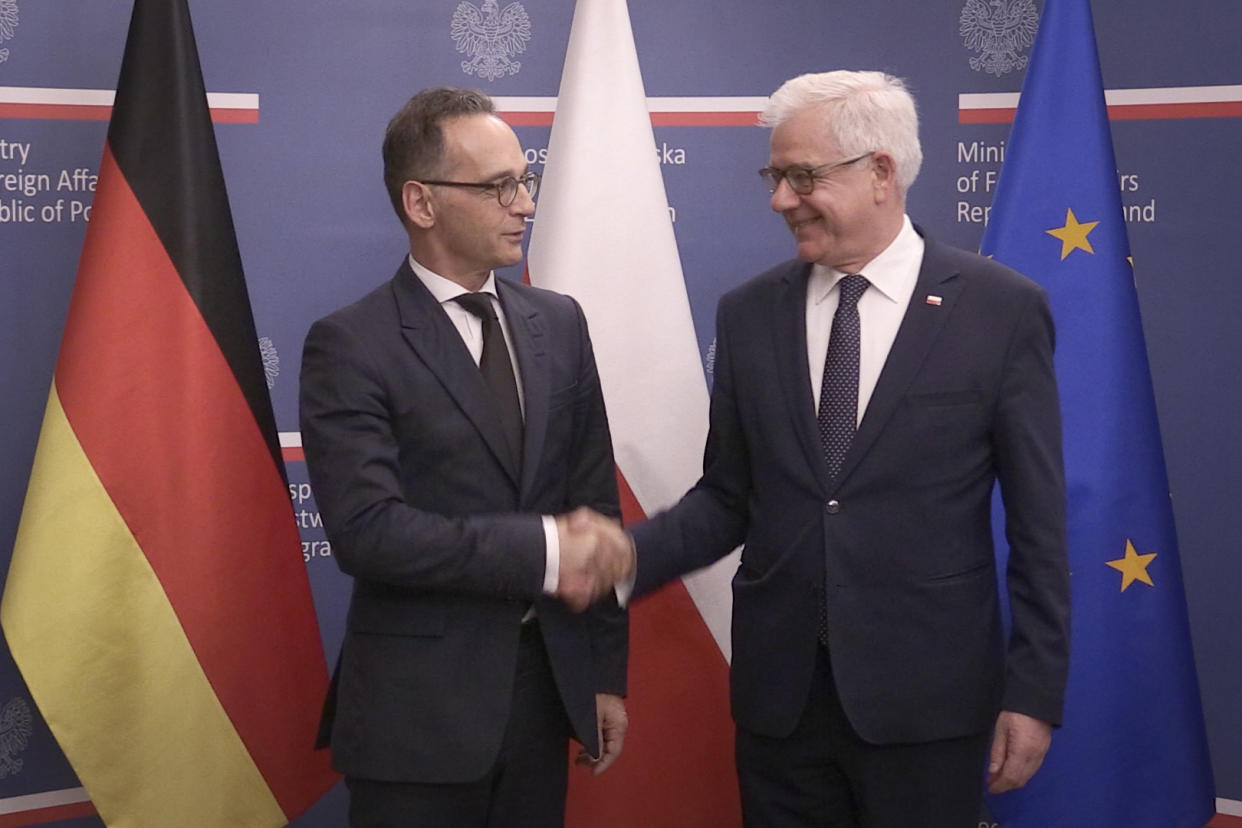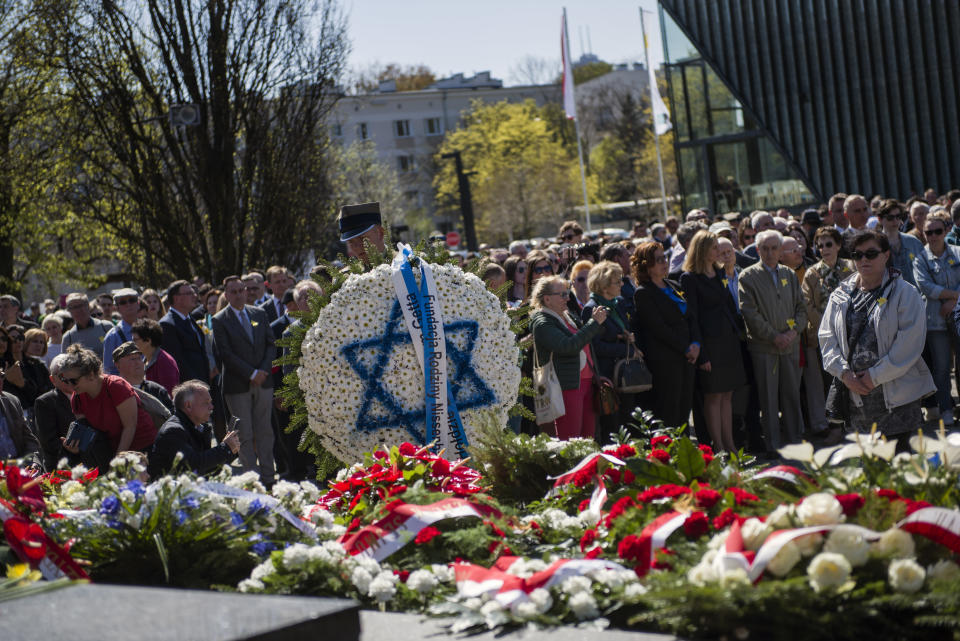German Foreign Minister voices 'deep shame' for Nazi atrocities in Poland

Germany’s Foreign Minister has spoken of the country’s “deep shame” over Nazi atrocities in Poland.
Heiko Maas made the comments as he joined in commemorations for the 75th anniversary of the Warsaw Uprising in Poland.
In a joint press conference with Polish Foreign Minister Jacek Czaputowicz, he said: “For what was done to Poland by Germans and in the name of Germany, you can only feel deep shame”.
But the German Foreign Minister ruled out reparations, saying the question was “closed for Germany”.

The Warsaw Uprising saw Polish resistance fighters rise up against Nazi occupation on August 1, 1944, in a bid to free the city.
The resistance fighters managed to hold out for just over two months before capitulating.
READ MORE
German tourists die in Alaska after 'chunks of ice fall off glacier’
Hitler ordered the destruction of the city and the death toll of the uprising saw 200,000 people killed or executed, while hundreds of thousands were deported to concentration camps.
The Uprising has blighted German-Polish relations since the Second World War.
In 2004, the same year former Chancellor Gerhard Schröder visited Warsaw, the city’s then-mayor and future president of Poland Lech Kaczynski estimated that the city had suffered damages worth 41 billion Euros.
During Mr Maas’s visit, his counterpart Mr Czaputowicz reportedly stressed the "feeling of injustice or lack of compensation for harm and losses suffered" in Poland.

